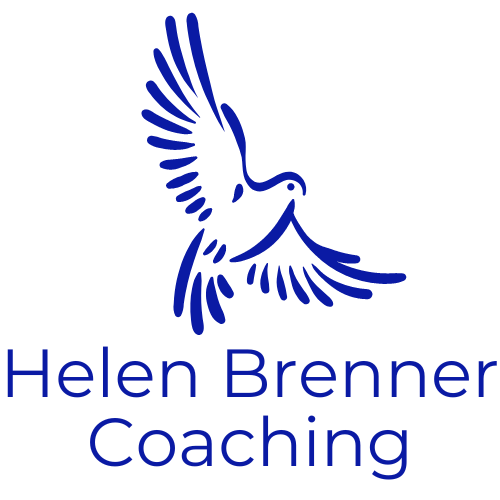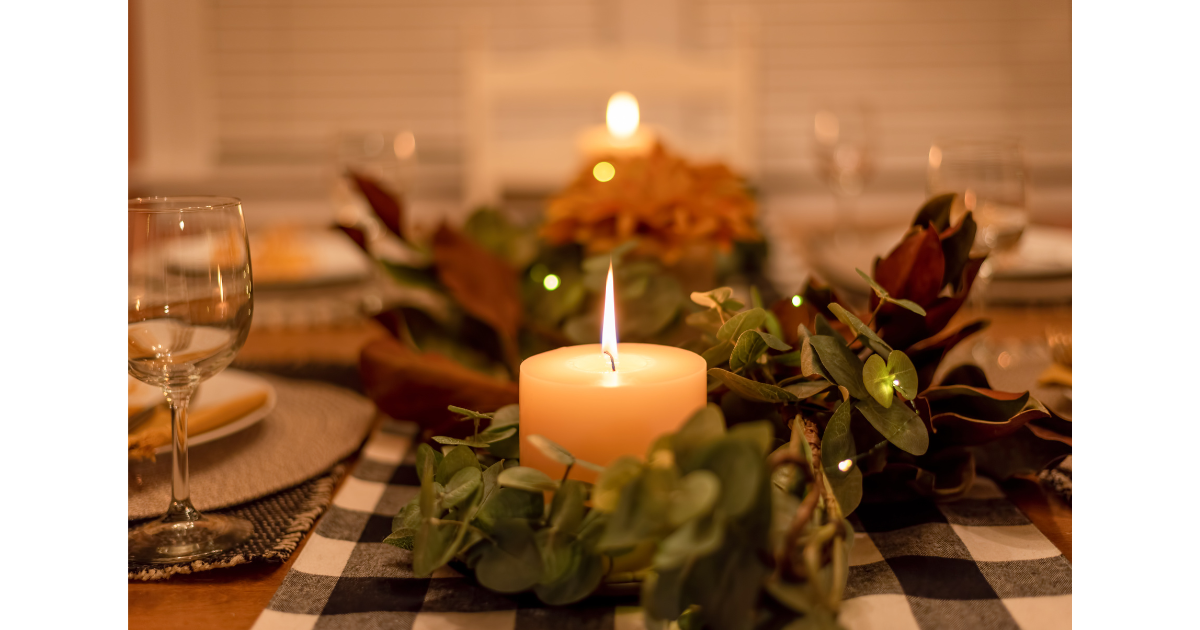Being Alone vs. Feeling Lonely During the Holidays
It’s the end of October and the holidays are coming.
Before the season begins to pull you into old routines or familiar hard feelings, this is your chance to choose how you want your mind to experience it.
The way you enter the holidays will shape the way your brain interprets them. When you set an intention now—before the obligations, travel, and expectations begin—you give your unconscious mind a map to follow instead of letting old patterns run the show.
For some, the coming season is exciting—full of possibilities for fun, joy, and connection.
For others, it brings a quiet sense of dread—a wave of anxiety, loneliness, or unwanted expectations waiting just around the corner. Whether you’re partnered, single, or in a season of solitude, the holidays can magnify whatever feels missing. Family gatherings, expectations, and even commercials spotlight connection, and suddenly the absence of it feels like failure.
You may be estranged from family—by choice or not. You may have separated yourself to protect your peace, or been separated by family rejection.
And for many survivors, going home doesn’t feel like “home.” The nervous system remembers what the heart tried to forget.
But being alone is not the same as being lonely. They’re two completely different experiences.
The Unconscious Connection Between Loneliness and Survival
Being alone is a circumstance. It simply means you’re not physically with others. It’s neutral — quiet, spacious, and open to interpretation.
Feeling lonely, on the other hand, is a state — a mind-body experience created by how your unconscious interprets that circumstance. The body tightens, the thoughts spiral, and the mind says, “Something’s missing… something’s wrong.”
When we’re feeling the pain of loneliness, it’s because the primitive brain doesn’t know the difference between being physically abandoned and simply feeling emotionally unseen. The primitive brain equates separation with danger, just as it once did when belonging to a tribe meant survival.
So when you find yourself physically alone, your brain can mistake it for emotional abandonment and activate the loneliness state — complete with anxiety, heaviness, or sadness.
For survivors of trauma, this wiring runs deeper. If connection once meant control, betrayal, or pain, your brain learned to protect you through withdrawal. It’s a confusing loop:
Craving closeness, yet fearing it.
Wanting to belong, yet feeling safest apart.
That’s the survivor brain doing its job—but the holidays tend to bring those patterns to the surface.
Lonely in a Crowd
You can be surrounded by people and still feel utterly alone.
When I was married and raising my kids, I always had something to do for the holidays. There were family dinners, in-law gatherings, and endless activity. Yet all too often, I found myself sitting in a room full of people, feeling like an outsider looking in. My family of origin was scattered across the country, and the family I married into was local and close-knit — just not my people. I went through the motions because that’s what was expected, but I rarely felt welcome or comfortable.
When I eventually separated, I was surprised by the sense of relief that followed.
My first Thanksgiving alone felt like reclaiming myself. I ended up spending the day with friends—and it was such a fabulously unexpected, wonderful time! The laughter, the lack of pressure, the lightness—it all felt new. After that, the holidays without my kids became intentional. I began to design them—to find my new normal.
I started doing things I couldn’t have done before:
After Jim died, I went to listen to live bands alone. At first, it didn’t feel great. People looked at me with sympathy, assuming I was lonely or grieving in solitude, but that was their perception, not my experience.
I travelled to North Carolina by myself to see the wild horses off the coast of Morehead City!
I was learning to be autonomous, to make choices that were mine—not filtered through what others thought was proper or acceptable.
Rules
Too often, we don’t do something simply because it breaks the “rules.” It’s not traditional, not expected, not what others would do. But when you’re autonomous and living from choice, as long as you’re not hurting anyone, it’s all proper and right—and it might just become one of the best traditions of your life. That’s the freedom of evolving past survival: realizing you don’t need permission to live life your way.
How the Mind Keeps Old Maps
Your unconscious mind operates on maps—internal representations of how the world works. If your early maps associated being alone with danger, or being around others with judgment or rejection, those maps run automatically.
So when the holidays approach, your brain pulls up the old territory:
“This is where we get left out.”
“This is where no one listens.”
“This is where we pretend everything’s fine.”
But those maps were drawn from past experiences, not present truth. They can be updated. (read more about maps)
Breaking State and Reframing the Territory
Change doesn’t begin with realization—it begins with interruption. You can’t simply think your way out of a pattern. If awareness alone could stop it, panic attacks would end the moment you realized you were having one. The survivor brain doesn’t respond to logic—it responds to experience.
A state break is a physical, sensory, or behavioral shift strong enough to pull the unconscious mind out of its loop. It’s movement—standing up, walking outside, splashing cold water, changing your environment, or even shifting your breathing rhythm. It’s doing something different enough that your brain has to pause and recalibrate. Once you’ve interrupted the pattern, then you can reframe. Not by forcing positivity, but by offering your mind a new map.
“I’m alone again” becomes “I’m choosing peace over pretense.”
“I’m left out” becomes “I no longer fit where I used to shrink.”
“I’ve lost my traditions” becomes “I’m creating ones that finally reflect who I am.”
Each sensory shift breaks the loop. Each reframe edits the map. Each conscious action tells the unconscious: We’re safe now. We can experience this differently. Over time, the brain learns that it no longer has to survive the holidays—it can simply live them.
Getting Past Survivor
Getting past survivor means outgrowing the reflex to seek love and safety from those who withheld it. It means realizing that rejection isn’t always punishment—sometimes it’s protection, clearing space for a more authentic life to emerge. This is where the unconscious mind evolves. The same mind that once equated solitude with danger can now associate it with freedom.
Because being alone isn’t what hurts—it’s the meaning the mind once attached to it. Once that meaning changes, solitude becomes expansion. It becomes the place where your nervous system settles, and where you finally begin to feel whole. That first Thanksgiving alone wasn’t an ending—it was a beginning. It’s where the survivor in me started to rest, and the woman I’ve become began to breathe.
Ready to Rewire Your Own Map?
If this season stirs old emotions or patterns you’re ready to outgrow, know that your mind isn’t broken—it’s remembering. You can teach it new ways to feel safe, connected, and at peace with yourself. That’s the work I do every day with clients: helping you rewire the unconscious patterns that keep you stuck in survival and design a life that finally fits you.
If you’re ready to move beyond surviving and into the freedom of self-connection, let’s talk.

